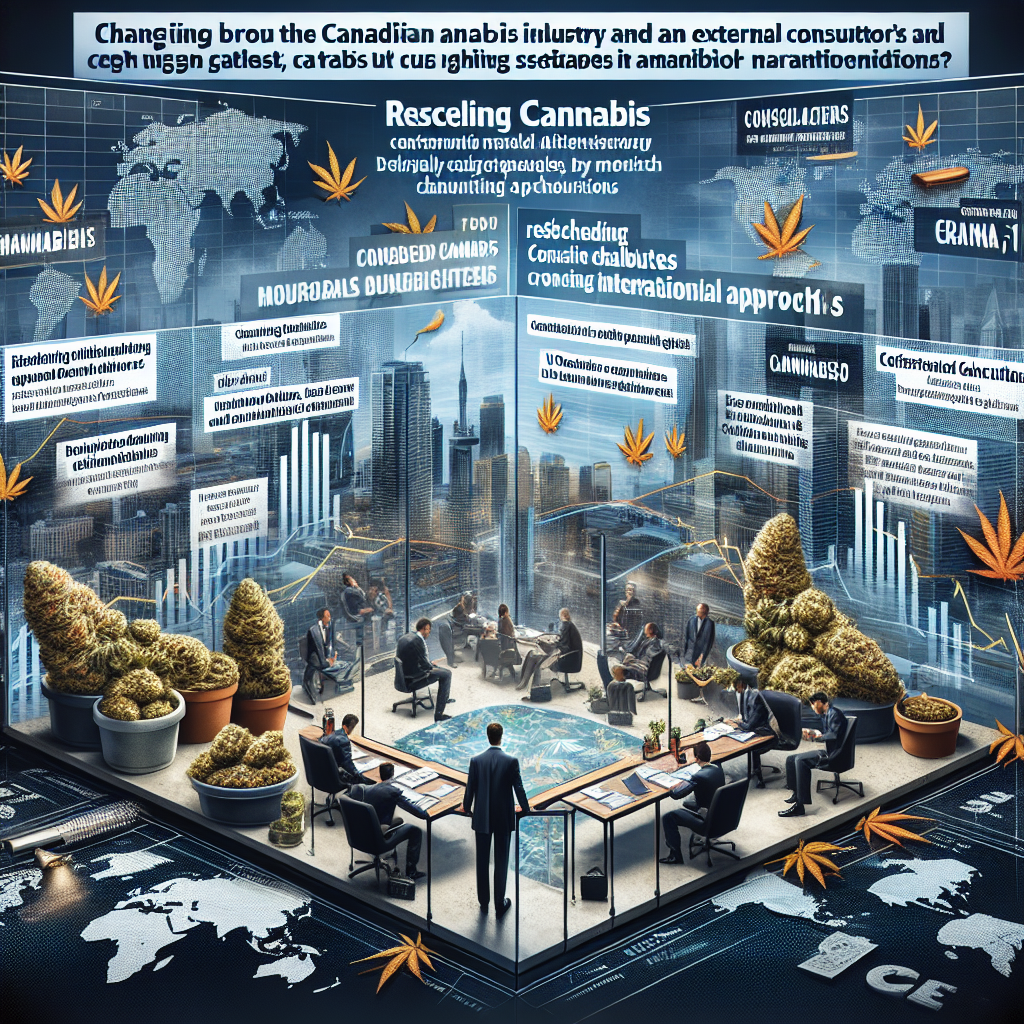
Canada’s Cannabis Conundrum: An Industry’s Future
Reflecting on the past year, we must acknowledge the profound impact economic policies and industry shifts have had on the world of cannabis. This has been especially true in Canada, where the once trailblazing market has found itself grappling with a series of rapid changes, regulatory challenges, and market dynamics similar to those of traditional industries. As we enter a new phase for cannabis in Canada, let’s explore what the future may hold for this controversial and rapidly evolving industry.
Industry Growth and Regulatory Challenges
In British Columbia, the cannabis industry’s call for government action shines a light on the complex reality behind the legalization and commercialization of cannabis. Deepak Anand, a consultant for the cannabis sector, highlighted the positive impact of some recommendations from the government’s recent Cannabis Act report. Notably, the suggestion to allow pharmacies to dispense medical cannabis and the consideration of a review of the taxation model were seen as significant steps forward for businesses (Business in Vancouver).
Despite these advancements, challenges such as the overbearing excise-tax model and restrictions on tetrahydrocannabinol (THC) levels in products remain impediments to industry viability. These issues have contributed to the increasing number of cannabis companies facing bankruptcy, highlighting the need for closer governmental review and support for the sector’s sustainability.
Reshaping and Rescheduling Cannabis
The discussion around rescheduling cannabis in the United States further exemplifies the evolving landscape. A recommendation by the US Department of Health and Human Services to categorize cannabis as a Schedule III substance initiated a debate on the substance’s legal status and its implications on international treaties. The DEA’s timeline for evaluating this recommendation has been a focal point for those both supporting and opposing the change (Investing News).
The opposition, led by several Republican senators, controversially argues that rescheduling could undermine global drug control measures. The contrast in perspectives between the US and other countries, like Canada, showcases the discrepancies in international approaches to cannabis policy.
Consolidation and Market Correction
Abi Roach, a long-time advocate for cannabis legalization, reflects on the journey of the industry since legalization, acknowledging that the expected prosperity has been diluted by market corrections and stringent regulations. Canada’s largest cannabis companies, such as Canopy Growth, Aurora Cannabis, and Tilray, have had to scale back, lay off workers, and reassess their strategies amid a difficult market environment. The persistence of the illegal market continues to be a formidable challenger to the legal market’s growth, with Roach stressing the importance of regulatory reform to achieve an eventual consolidation of the legal market as the primary marketplace (CBC).
Looking Ahead
As the cannabis industry evolves, it is clear that a multifaceted approach will be necessary to navigate the complex interplay between public policy, international treaties, economic sustainability, and market dynamics. The anticipation surrounding the remapping of the cannabis landscape, from taxation reforms to reclassification debates, positions the industry at a crossroads.
What remains undeniable is the pivotal role of government action and international cooperation in determining the trajectory of the cannabis industry. While questions about profitability, market stability, and the tension between legal and illicit markets loom large, opportunities for innovation, growth, and a more sophisticated understanding of cannabis within society’s fabric also beckon.
As industry stakeholders, policymakers, and consumers look to the future, one thing is certain: the journey of cannabis legalization and commercialization is far from over, and its ultimate place within the global economy remains to be fully realized.

